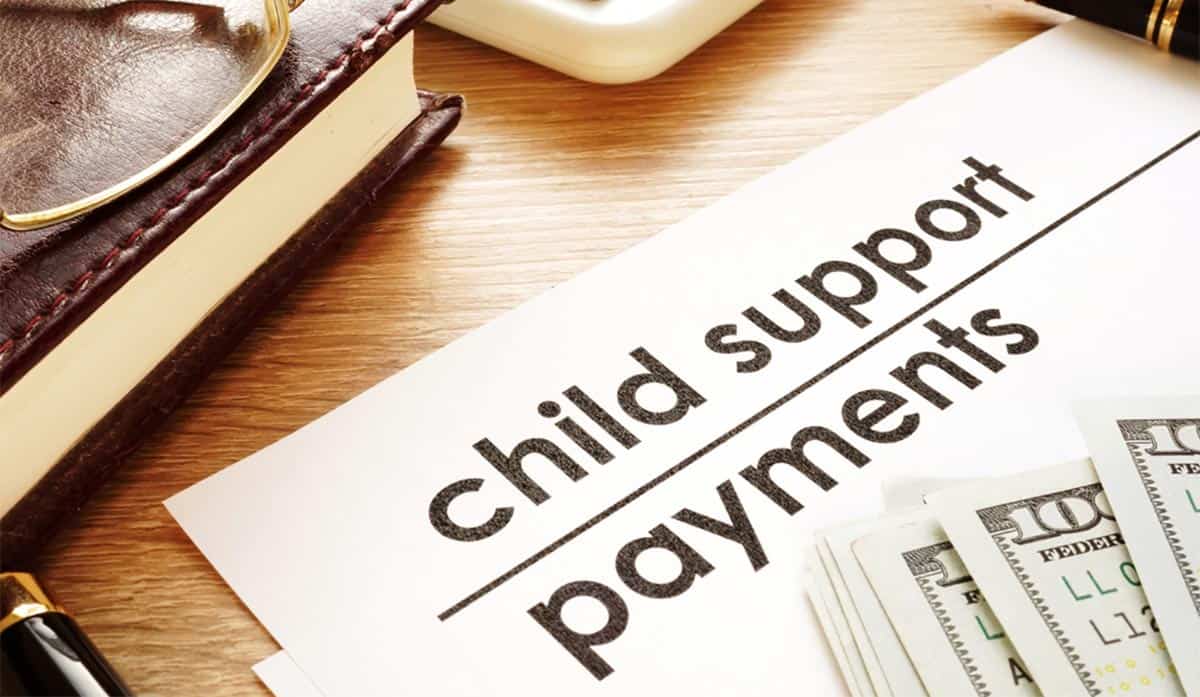What to Do When an Ex Stops Paying Child Support

In Long Island and the rest of the United States, children are entitled by law to get financial support, regardless of whether the parents are married, divorced, legally separated, or were never married. This is very clear and known to many, but at times, a non-custodial parent misses a child support payment or stops paying entirely. If you’re the custodial parent, what should you do to make sure your children get child support payments from your ex-spouse or partner?
Child Support vs Child Access
Before we address the question of child support, you need to be clear on one thing: child support and child access are separate things. Your Family Law attorney in Long Island will tell you that they are both rights of your child. If you are the custodial parent, and the non-custodial parent stops paying child support, you have no right to deny the non-custodial parent’s access to your child. Access to the child can only be refused in certain situations, such as if the other parent is deemed a threat to the safety or well-being of the child.
On the other hand, if the non-custodial parent does not have access to your child, even if it’s by choice, they still need to make child support payments. If your ex is making this difficult, here are suggestions on what to do.
- Have a Talk with Your Ex-Partner
Before seeking the assistance of or consulting a family law attorney, try asking your ex why they missed child support payments. You may reach out to them by speaking to a person your ex-partner confides in and respects. Contact them through their family member, friend, work colleague, or even spiritual advisor — if they have one. When you meet with them, remind them that: one, child support is paid for the benefit of the children and not you, and two, they are legally obliged to support their child or children financially.
This option may not be viable if your ex has a history of partner abuse. If speaking with them isn’t possible or did not result in a favorable outcome, proceed to the next step.
- Consult Legal Experts
If your ex still refuses or is unable to pay child support, the next step is legal enforcement of the payments. You can now consult with an attorney or the Child Support Enforcement Bureau (CSEB) for assistance.
- Enforce Child Support
With the services of a Family Law attorney, you can subject your ex to any or all of the following child support enforcement tools, as made available to you by the Child Support Enforcement Amendments of 1984:
- Wage Deduction — You, your attorney, or the CSEB can ask for an income withholding order. By doing this, child support is obtained through deductions on the non-custodial parent’s wages.
- Income Tax Refunds — The state can take any tax refunds to apply on late or missing child support payments.
- License Suspensions — The delinquent parent may have their professional driver’s license or any professional licenses suspended or revoked.
- Passport Restriction — A delinquent non-custodial parent can also have their passport restricted from renewal, thereby prohibiting them from leaving the country.
- Held in Contempt of Court — As child support payment is a court order, the delinquent parent can be held in contempt of court. Note that you or your attorney has to go to court and ask the judge to hold them in contempt.
Child support payments are a court order and the court does not like being contradicted. When you confront your ex-spouse or partner for missing payments, remind them that the amount of child support was ordered by the court because it was reasonable and you have every right to pursue what is owed. Child support payments benefit your child; it’s their rights and welfare that you are upholding.

